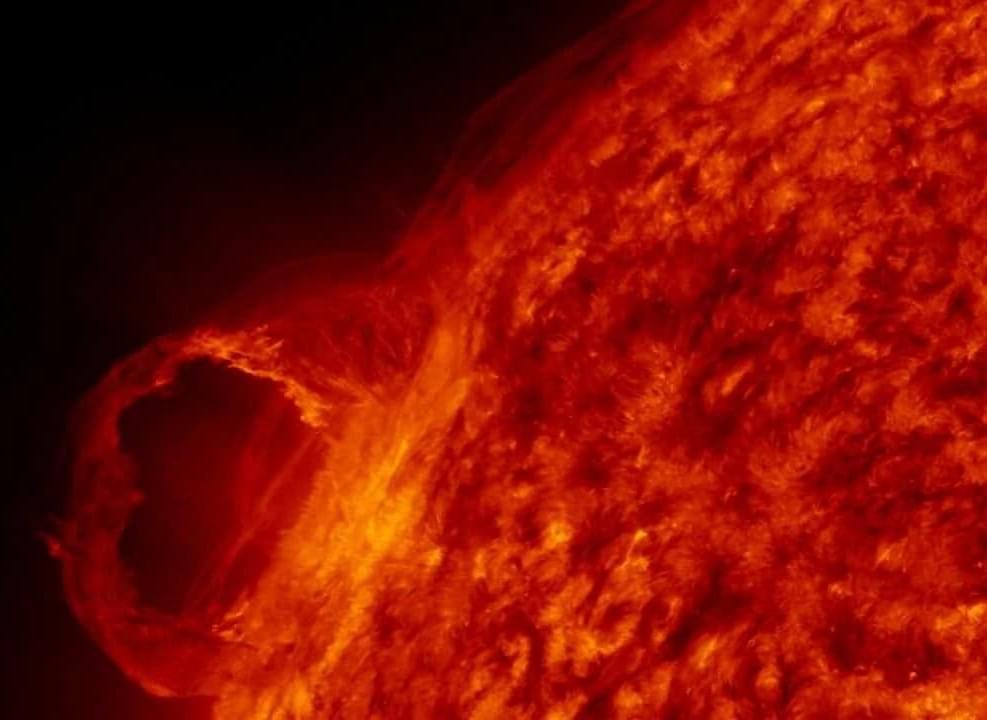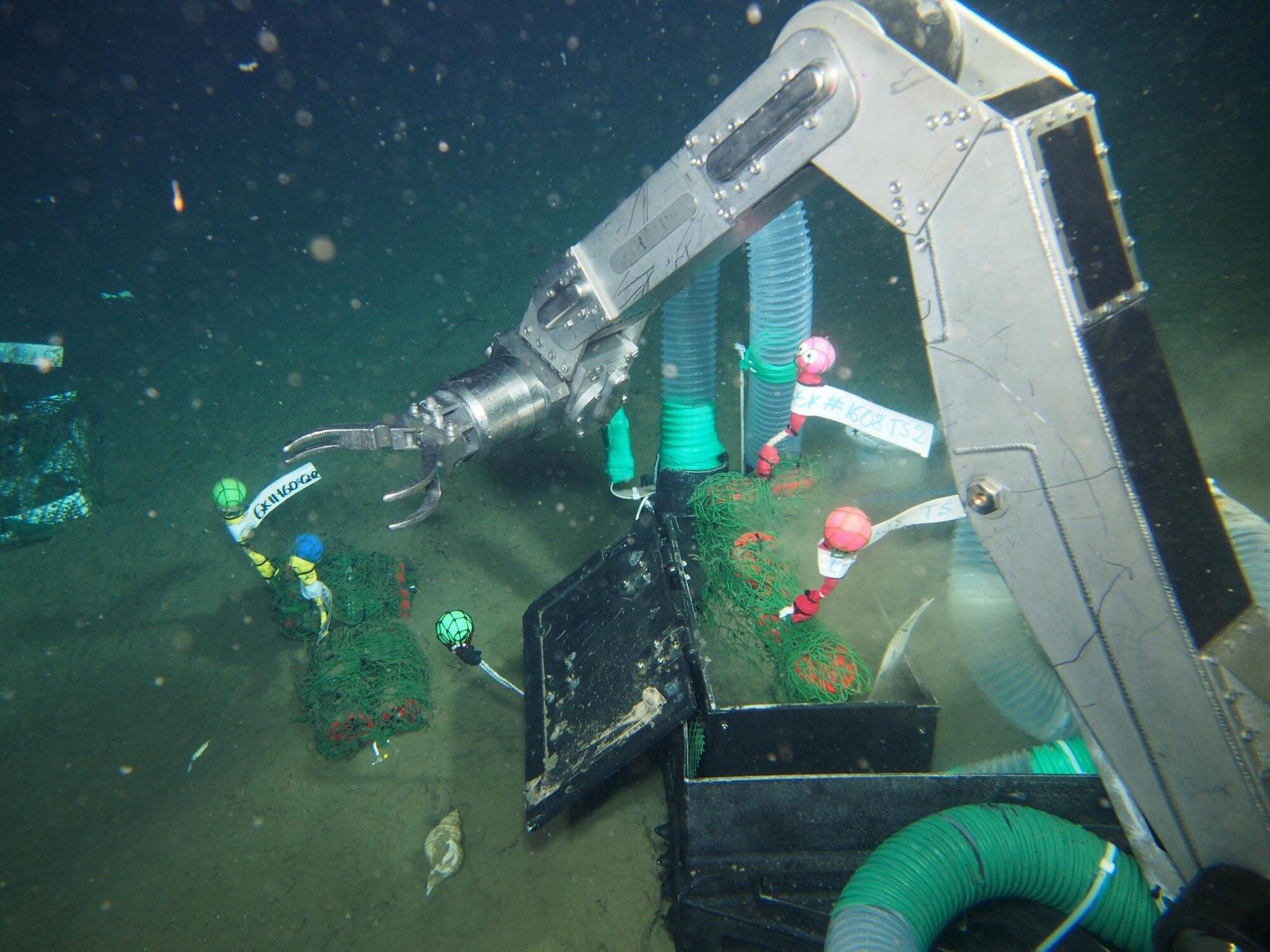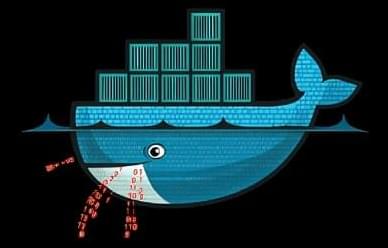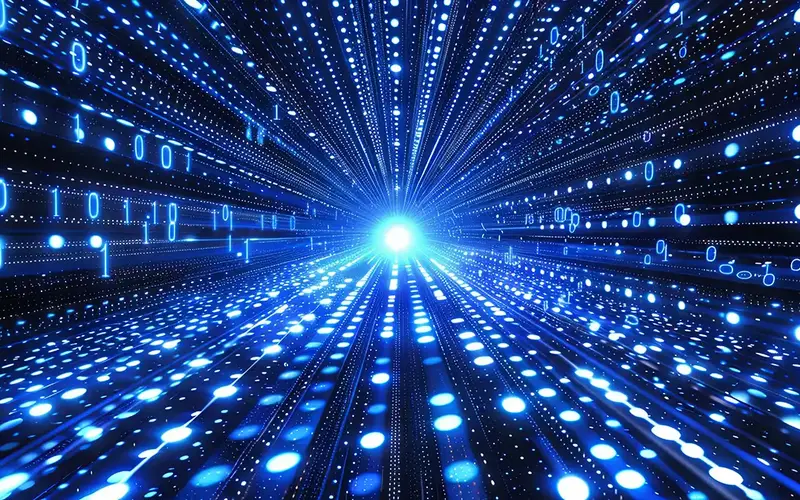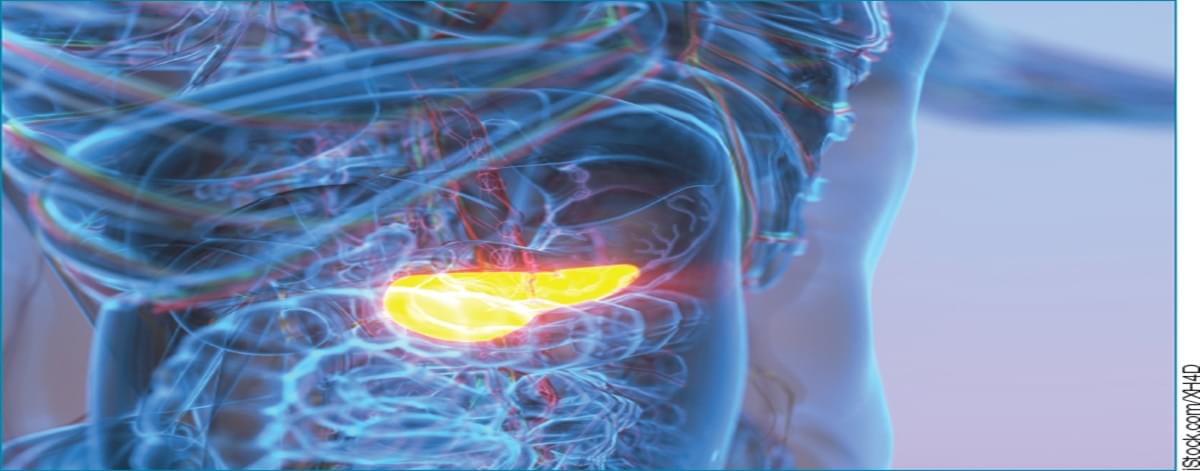A research team from the Yunnan Observatories of the Chinese Academy of Sciences has shed new light on the magnetic reconnection process driven by rapidly expanding plasma, using magnetohydrodynamic (MHD) numerical simulations. Their findings, published recently in Science China Physics, Mechanics & Astronomy, reveal previously unobserved fine structures and physical mechanisms underlying this fundamental phenomenon.
Magnetic reconnection—a process where magnetic field lines break and rejoin, releasing massive energy—is critical to understanding explosive events in plasmas, from laboratory experiments to solar flares and space weather.
The team focused on how this process unfolds under rapid driving conditions, examining three distinct reconnection modes: flux pile-up, Sonnerup, and hybrid. These modes, they found, arise from variations in gas pressure and magnetic field strength within the inflow region, where plasma is drawn into the reconnection site.
